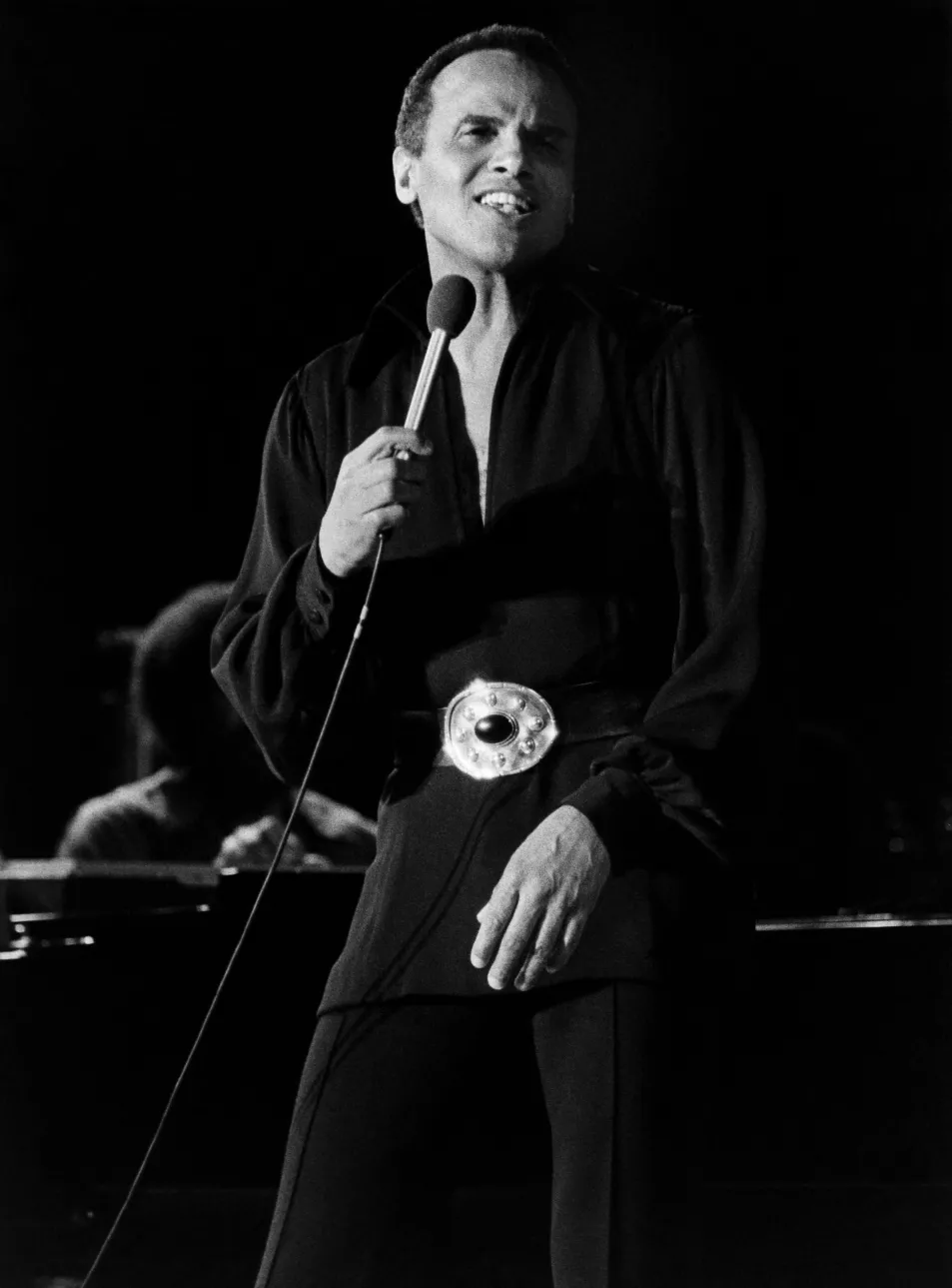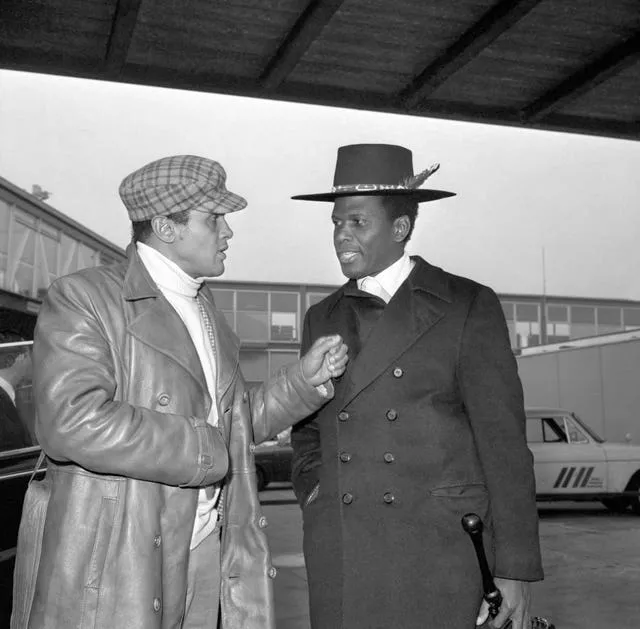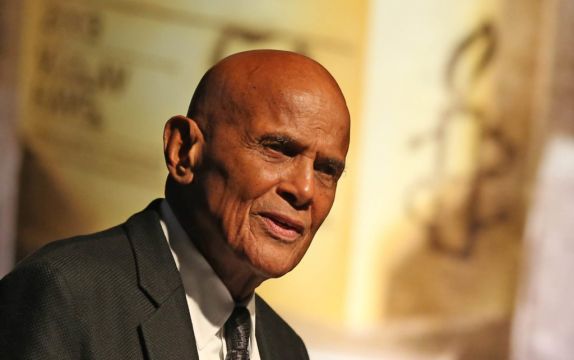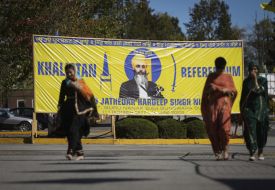Harry Belafonte, the civil rights and entertainment giant who began as an actor and singer and became an activist and humanitarian, is dead at the age of 96.
He died on Tuesday of congestive heart failure at his New York home with his wife Pamela by his side, said Paula Witt from public relations firm Sunshine Sachs Morgan and Lylis.
Belafonte was one of the first black performers to gain a wide following on film and sell a million records as a singer.
Many still know him for his signature hit Banana Boat Song (Day-O) and its call of: “Day-O! Daaaaay-O.”

But he forged a greater legacy once he scaled back his performing career in the 1960s and lived out his hero Paul Robeson’s decree that artists are “gatekeepers of truth”.
He stands as the model and the epitome of the celebrity activist.
Few kept up with Belafonte’s time and commitment and none his stature as a meeting point among Hollywood, Washington and the civil rights movement.
Belafonte not only participated in protest marches and benefit concerts, but also helped organise and raise support for them.
He worked closely with his friend and generational peer Martin Luther King Jnr, often intervening on his behalf with both politicians and fellow entertainers and helping him financially.

He risked his life and livelihood and set high standards for younger black celebrities, scolding Jay Z and Beyonce for failing to meet their “social responsibilities” and mentoring Usher, Common, Danny Glover and many others.
In Spike Lee’s 2018 film BlacKkKlansman, he was fittingly cast as an elder statesman schooling young activists about the country’s past.
Belafonte’s friend, civil rights leader Andrew Young, said Belafonte was the rare person to grow more radical with age.
He was ever engaged and unyielding, willing to take on southern segregationists, northern liberals, the billionaire Koch brothers and the country’s first black president, Barack Obama, whom Belafonte remembered asking to cut him “some slack”.
Belafonte responded: “What makes you think that’s not what I’ve been doing?”

Belafonte had been a major artist since the 1950s.
He won a Tony Award in 1954 for his starring role in John Murray Anderson’s Almanac and five years later became the first black performer to win an Emmy for the TV special Tonight With Harry Belafonte.
In 1954, he co-starred with Dorothy Dandridge in the Otto Preminger-directed musical Carmen Jones, a popular breakthrough for an all-black cast.
The 1957 movie Island In The Sun was banned in several southern cities, where theatre owners were threatened by the Ku Klux Klan because of the film’s interracial romance between Belafonte and Joan Fontaine.







